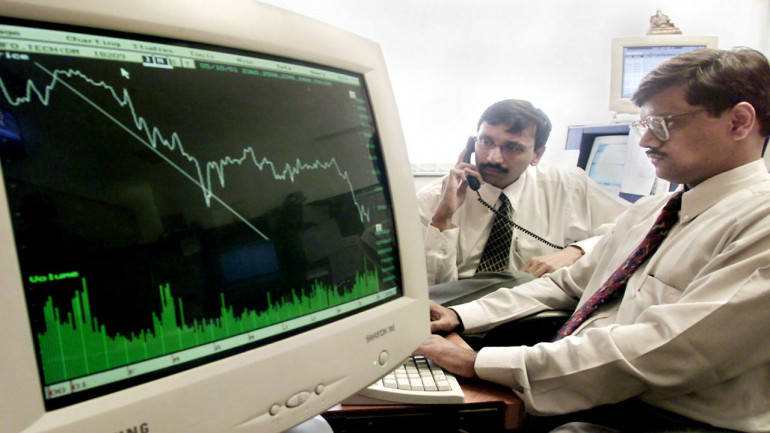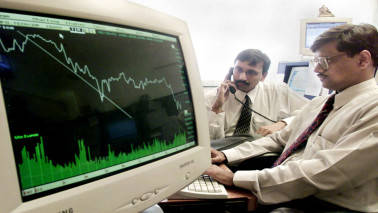How not to lose wealth in volatile market -- use Stop Loss as part of trading strategy
Irrespective of the category of a trader, stops play an important role mainly because it prevents capital erosion and protects downside risk during adverse price movements.

It is common tendency for a majority of traders to exit profitable positions quickly and hold on to losses for a long time in the hope of prices reversing at some point in the future.
However, more often than not, it is observed that even if prices reverse, the fear of losses drives traders to exit trades as soon as they notice the stock or portfolio is in the green.
For the not-so-lucky traders who keep adding positions to average trades that are in the negative, margins keep building until they finally run out of patience and cash, and are forced to wind up their positions with a hefty loss.
The current market environment, whether you’re looking at equities, commodities, forex or fixed income instruments, is anything but predictable to say the least.
The broader Indian stock indices have dropped 3-4 percent from all-time highs recently, and commodities such as base and precious metals have followed suit.
The Indian rupee which was skidding versus the greenback and the EURO in September has risen by more than a percent this month.
Likewise, the bond markets are also exhibiting some volatility on the back of ambiguity in the Reserve Bank’s policies. Adding to that, is the global uncertainty arising from the Brexit referendum, shift in the immigration policies in the US and the North Korean crisis to name a few, which brings the importance of stop losses to the forefront.
Professional traders generally have stops as a part of every single strategy although the extent of the stops can vary among traders and the strategies they employ.
A day trader or a scalper will have a set of stop-loss parameters that are very different from that of a positional trader.
Likewise, algo traders normally have stops built into their system depending on the trade size, time frames and the beta of the trading instrument in addition to considering the broader market volatility.
Irrespective of the category of a trader, stops play an important role mainly because it prevents capital erosion and protects downside risk during adverse price movements.
In addition, having stop losses as a part of every trade will assist in being a disciplined trader without which some of the most common trading blunders will come to the fore.
Conversely, placing stops just for the sake of capital preservation may not work. Stops have to be defined based on a number of factors such as the maximum loss a trader is willing to take on a position, a risk to reward ratio, market volatility and key supports/ resistances of the trading instrument.
Disclaimer: The author, Nikhil Kamath, is Co-founder & Head of trading, Zerodha. The views and investment tips expressed by the investment expert on Moneycontrol.com are his own and not that of the website or its management. Moneycontrol.com advises users to check with certified experts before taking any investment decisions.

















